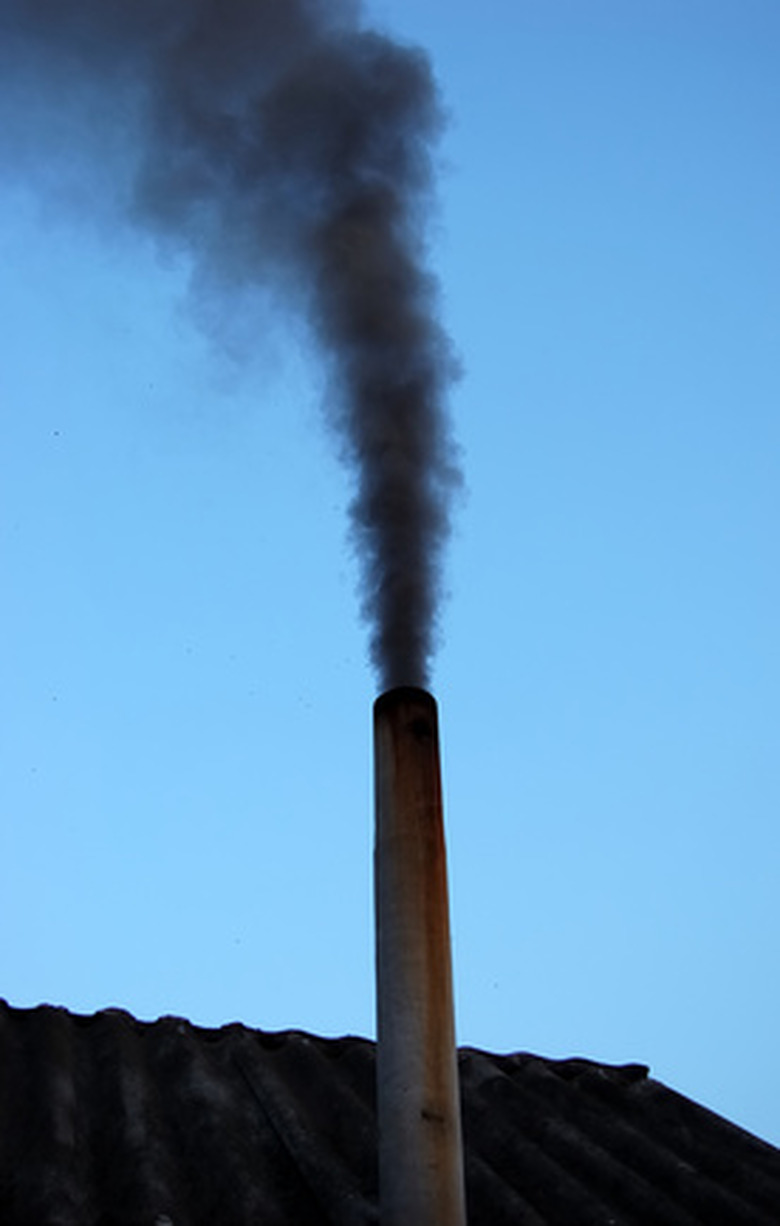What Are The Causes Of Global Warming & The Greenhouse Effect?
Average temperatures are increasing and Earth's climate is changing. These changes are linked to global warming and the greenhouse effect. Although these processes have many natural causes, natural causes alone cannot explain the rapid changes observed in recent years. Most climate scientists believe that these changes are linked to a wide range of human activities.
The Greenhouse Effect
The Greenhouse Effect
The greenhouse effect is a natural process that keeps the planet's climate warm enough to support life. It is named for the effect that keeps greenhouses warm enough to support plants. When sunlight passes through the glass windows of the greenhouse, some of it is reflected by the ground and some is absorbed and later released in the form of heat waves. The reflected energy and heat waves are trapped by the glass, warming the greenhouse. Instead of glass, our atmosphere contains greenhouse gases such as carbon dioxide and water vapor that trap some of the energy from the sun. Without them, the Earth would be too cold to support life.
Global Warming
Global Warming
Global warming is an average increase in temperatures in the lower atmosphere and near the Earth's surface. Scientists have discovered that the amount of greenhouse gases began increasing during the industrial revolution when factories and power plants began burning fossil fuels such as coal and oil for energy. As the amount of greenhouse gases in the atmosphere increases, more heat is trapped. The National Oceanic and Atmospheric Administration estimates that average global temperatures rose about 1.3 degrees between 1901 and 2000. The Intergovernmental Panel on Climate Change estimates that if greenhouse gas emissions continue at or above the current rate, average temperatures will increase between 3 and 7 degrees by 2100. Even if emissions are substantially reduced to year 2000 levels and kept there, the Earth would still warm about 1 degree before the end of this century.
Greenhouse Gas Emissions
Greenhouse Gas Emissions
Some greenhouse gases are from natural processes such as volcanic eruptions. However, scientists believe most of the increase of greenhouse gas emissions is caused by human activities such as burning fossil fuels, cutting down forests, agriculture and storing garbage in landfills. Carbon dioxide, abbreviated CO2, is a greenhouse gas that is considered the major culprit in global warming. Although other gases such as methane, nitrous oxide and chlorofluorocarbons can trap more heat than CO2, they exist in much smaller concentrations and don't add as much heat.
Climate Change
Climate Change
Climate change is a long-term change in precipitation, temperature or wind patterns that lasts for several decades or more. The terms "global warming" and "climate change" are often used interchangeably; however, according to the National Academy of Sciences,"climate change" includes changes other than temperature increases, such as changes to Earth's orbit, the land's surface, and climate processes such as ocean circulation. Global warming is considered one of the primary causes of current climate change. For example, rising temperatures may alter the frequency and severity of extreme weather such as storms, drought and heat waves.
Cite This Article
MLA
III, Frank B. Chavez. "What Are The Causes Of Global Warming & The Greenhouse Effect?" sciencing.com, https://www.sciencing.com/causes-global-warming-greenhouse-effect-7871549/. 22 November 2019.
APA
III, Frank B. Chavez. (2019, November 22). What Are The Causes Of Global Warming & The Greenhouse Effect?. sciencing.com. Retrieved from https://www.sciencing.com/causes-global-warming-greenhouse-effect-7871549/
Chicago
III, Frank B. Chavez. What Are The Causes Of Global Warming & The Greenhouse Effect? last modified March 24, 2022. https://www.sciencing.com/causes-global-warming-greenhouse-effect-7871549/
